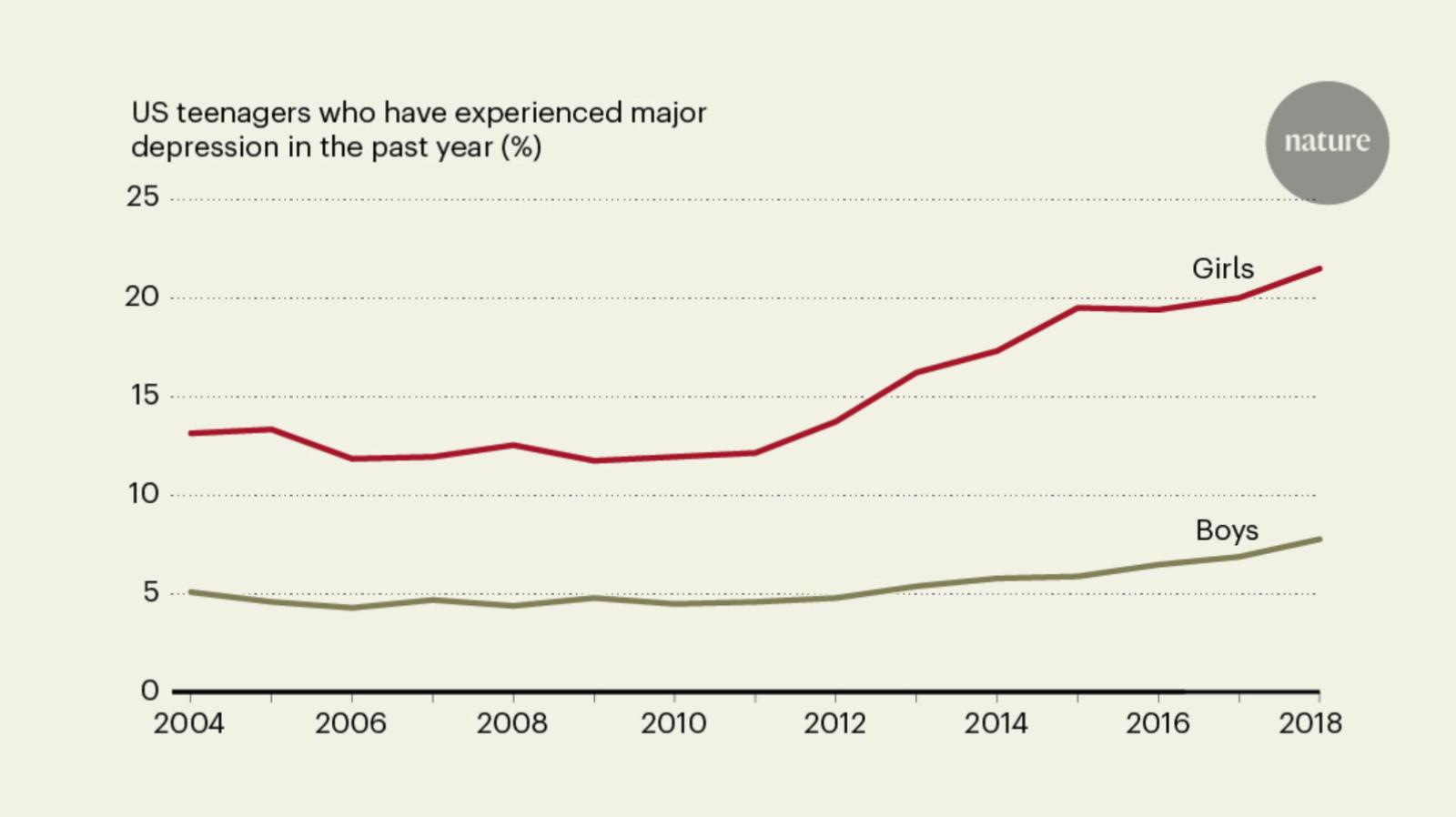The psychology of social media

The customary social media sucks article: Yeah, we get it. Hating on social media has almost become a cliche these days as its detrimental effects on individuals and society has become more widely understood. But we could hardly have an issue on healthy tech habits and ignore the elephant in the room. Yes, social networking is great for connecting with people, sharing experiences and shopping. But overuse may not be great for our mental health, it can have deleterious effects on our societies, and it makes it harder to hold down the number of adherents to the David Icke school of political theory. Everything in moderation, and all that.
Think of social media as a stimulant that’s good for you in small doses but bad in excess: The analogy is more apt than you may think, given that the psychological phenomenon of social media addiction has been compared by some specialists to substance abuse. Social media use acts on our reward system, triggering dopamine release whenever we accrue likes or receive positive feedback, not unlike the experiences people have when sitting at the roulette table or using narcotics.
Overuse may mean more depression: Some social psychologists believe that the rising rate of depression among young people in the US is correlated with the rise of social media. From 2011, there has been a noticeable increase in the number of teenagers experiencing bouts of depression, a trend that seems to coincide with the explosion of social media use. Some studies have claimed to show evidence of direct causation: this paper by Jonathan Haidt and Jean Twenge randomly assigned users into two groups, one which continued to use social media and the other which reduced their use, finding that those who reduced their usage reported better moods and fewer symptoms of depression. Others say, though, that there is not enough evidence to heap all the blame on social media, and argue that by focusing on the potential negatives we won’t be able to harness the power of technology to change our lives for the better.
The Earth is flat and Joe Biden is a lizard creature: Social media is also proving itself an effective vehicle for spreading disinformation, anger and toxicity, and, with political tensions running high in recent years, this has been a key topic in social psychology research. The main crux of this issue is that social media can give an exaggerated voice for extreme and radical opinions. As the documentary The Social Dilemma observes, much of the blame for this can be placed at the doorsteps of our friends the surveillance capitalists, whose algorithmic tools by design funnel people into echo chambers and feedback loops, recommending them content that at best entrenches their worldview and at worst results in radicalization.
